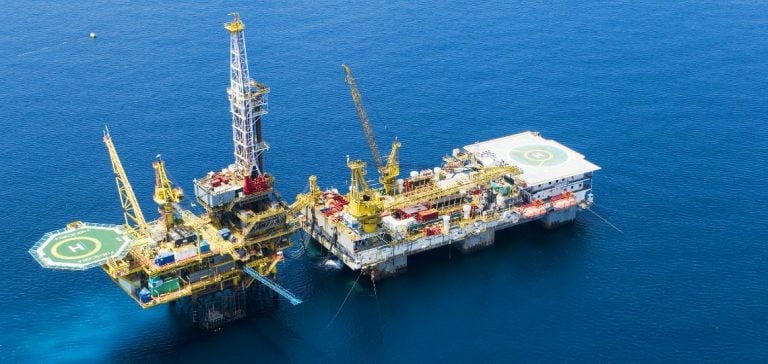The Indonesian government has announced a significant reduction in oil and gas exploration permits, from 320 to 140. This decision aims to optimize the operation of existing wells and reactivate currently idle assets, according to the Minister of Energy and Mineral Resources, Bahlil Lahadalia, on October 14.
Indonesia has approximately 44,900 oil and gas wells, of which only 16,990 are active. Among the inactive wells, about 5,000 can be reactivated to increase national production. This initiative is part of the country’s goal to achieve a production target of 1 million barrels per day (b/d) of oil and 12 billion cubic feet per day (Bcf/d) of natural gas by 2030 to meet the growing domestic demand despite the current decline in production.
Optimizing Existing Resources
To maximize production from existing wells, Indonesia is utilizing advanced technologies such as Enhanced Oil Recovery (EOR). The country’s key producers, Pertamina and ExxonMobil Cepu, will adopt these technologies to increase their yield. EOR allows for the extraction of more oil from wells by enhancing extraction efficiency, thus prolonging the productive life of the facilities.
Reduction of Exploration Permits
The reduction in exploration permits is a strategic measure aimed at concentrating efforts and resources on already developed sites. According to Lahadalia, “If we cannot address lifting, then we should not dream of achieving energy sovereignty.” He emphasized that without concrete action, Indonesia’s oil and gas output could decline by 7 to 15% per year.
Planning and Regulation
Earlier in October, the Ministry of Energy and Mineral Resources and the upstream regulator SKK Migas announced that they are studying the introduction of a policy for the implementation of EOR in the country. This regulatory initiative aims to facilitate the adoption of advanced technologies and encourage investment in enhanced recovery technologies.
Challenges and Perspectives
Since 2008, Indonesia’s oil production has declined from 800,000-900,000 b/d to approximately 600,000 b/d currently. Meanwhile, consumption has reached 1.6 million b/d, forcing the country to import between 900,000 and 1 million b/d. This situation highlights the importance of reactivating idle wells to bridge the national production deficit.
Investments and Partnerships
To meet its production goals for 2025, Indonesia expects to produce 600,000 b/d of oil and 1.005 million barrels of oil equivalent per day (boe/d) of natural gas, according to its latest draft state budget. These figures are lower than the 2024 projections, which anticipated production of 635,000 b/d of oil and 1.033 million boe/d of natural gas.
Despite reducing oil and gas exploration permits, Lahadalia insisted that exploration must continue in East Indonesia to discover new oil and gas reserves. “We will cut various regulations that hinder the acceleration process of exploration… we will further streamline it to ensure timely entry for investors,” Lahadalia stated.






















